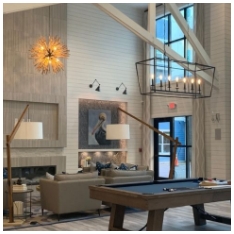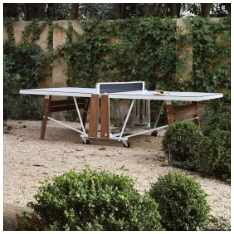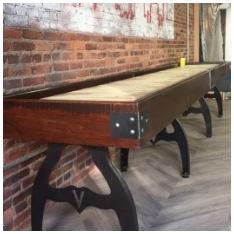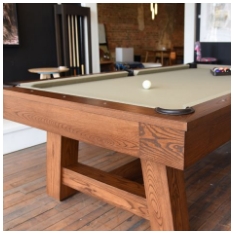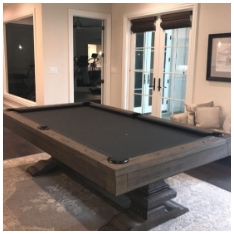Shuffleboard is a classic game that has stood the test of time, captivating players with its simple yet challenging gameplay. But, what is the standard shuffleboard size, and why does it matter?
Introduction to Shuffleboard
Shuffleboard, a game enjoyed by people of all ages, requires a precise understanding of its dimensions to fully appreciate the gameplay. The standard shuffleboard size is integral to maintaining the traditional feel and ensuring fair play.
Brief History of Shuffleboard
The origins of shuffleboard trace back to the 15th century, evolving through time to become the popular game it is today. Originally played on decks of ships, it required only a smooth surface and basic equipment.
Evolution of Shuffleboard Dimensions
As shuffleboard transitioned from a casual pastime to a competitive sport, the dimensions became standardized. This ensured uniformity and fairness in tournaments, enhancing the game’s credibility and enjoyment.
Standard Shuffleboard Size Specifications
Understanding the standard shuffleboard size is crucial for anyone looking to set up a proper playing area. Here’s a breakdown of the essential dimensions.
Length and Width
The standard length of a shuffleboard table is 22 feet, while the width typically measures 20 inches. These dimensions provide ample space for the game’s dynamic and strategic nature, allowing for precise shots and effective scoring.
Surface and Material
The playing surface is usually made of a smooth, durable material, such as maple wood. This ensures the pucks glide effortlessly, maintaining consistent speed and direction.
Height and Playing Field
The height of a shuffleboard table is generally around 30 inches, allowing players to comfortably reach and maneuver their pucks. The playing field itself is coated with a special polymer finish, reducing friction and preserving the table’s longevity.

Importance of Standard Dimensions
Adhering to standard dimensions is vital for several reasons, enhancing both the player experience and the game’s integrity.
Consistency in Gameplay
Standard dimensions ensure that every shuffleboard table provides a consistent playing experience. This is particularly important in competitive settings, where players rely on uniform conditions to showcase their skills accurately.
Fair Competition
Uniformity in table size levels the playing field, allowing players to compete fairly. This standardization removes any potential advantage one might gain from differing table sizes, ensuring the focus remains on skill and strategy.
Enhanced Player Experience
Playing on a table that meets standard dimensions enhances the overall experience. The smooth surface, appropriate length, and comfortable height contribute to an enjoyable and engaging game.
Variations in Shuffleboard Table Sizes
While the standard size is preferred for serious play, there are variations to accommodate different spaces and preferences.
Smaller Tables for Limited Spaces
For those with limited space, shorter tables ranging from 9 to 14 feet are available. These tables maintain the essence of the game while fitting into more compact areas, making shuffleboard accessible to a wider audience.
Customized Tables for Unique Preferences
Some players opt for customized tables, tailored to their specific preferences. These bespoke tables can vary in size, material, and design, offering a unique playing experience while retaining the core elements of shuffleboard.
Conclusion
Understanding the standard shuffleboard size is essential for anyone passionate about the game. Whether you’re setting up a home table or competing in tournaments, these dimensions ensure a consistent and enjoyable experience.

